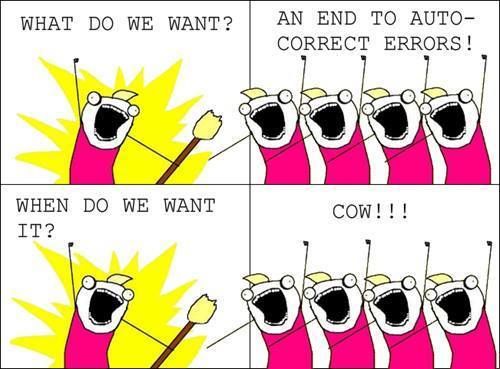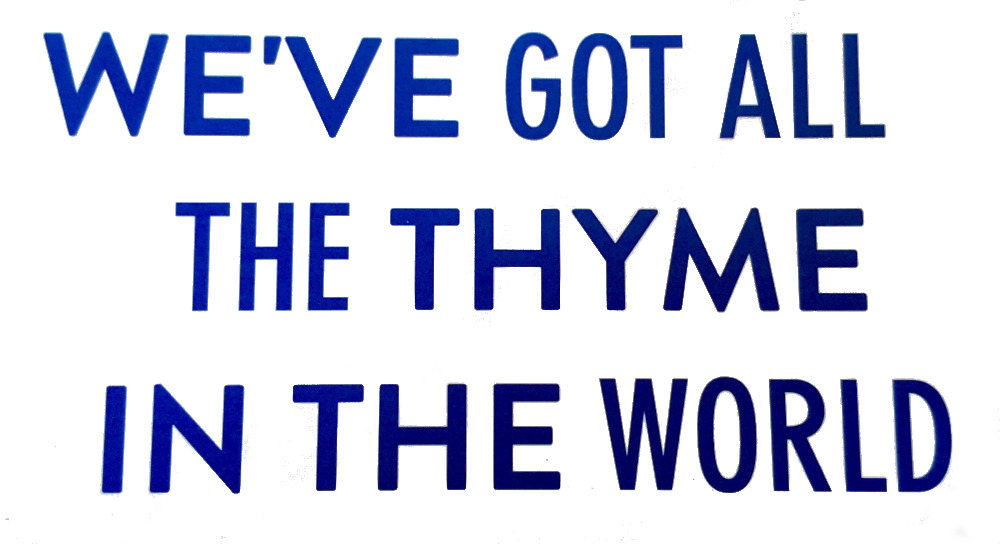[Forwarded from James Heilpern]
Call for Papers: The Fourth Annual Law & Corpus Linguistics Conference
Deadline: October 10, 2018
Event Date: February 7-9, 2019
Location: Brigham Young University, Provo, UT
Organization: Brigham Young University
Contact: James Heilpern, heilpernj@law.byu.edu
BYU Law School is pleased to announce the Fourth Annual Law & Corpus Linguistics Conference, to be held in Provo, Utah on February 7-9, 2019. The Law School seeks original proposals for papers to be presented at the conference, addressing a broad range of topics related to the emerging discipline of Law & Corpus Linguistics, including (but not limited to), applications of corpus linguistics to constitutional, statutory, contract, patent, trademark, probate, administrative, and criminal law; philosophical, normative, and pragmatic justifications for the use of corpus linguistics in the law; philosophical, normative, and pragmatic criticisms of the use of corpus linguistics in the law; best practices and ethical considerations for the use of corpus linguistics in trial and appellate advocacy; potential applications of corpus linguistics in legislative, regulatory, and contractual drafting; corpus design, especially as it relates to the building of future legal corpora; Law & Corpus Linguistics and statistics; and sociolinguistic insights drawn from corpus linguistics, especially as it applies to the relationship of racial, ethnic, or linguistic minorities to legal and government institutions.
The proposal deadline is October 10, 2018. Proposals should include an abstract of no more than 750 words, an outline of the proposed paper, and complete contact information. Please send materials to James Heilpern at heilpernj@law.byu.edu.


